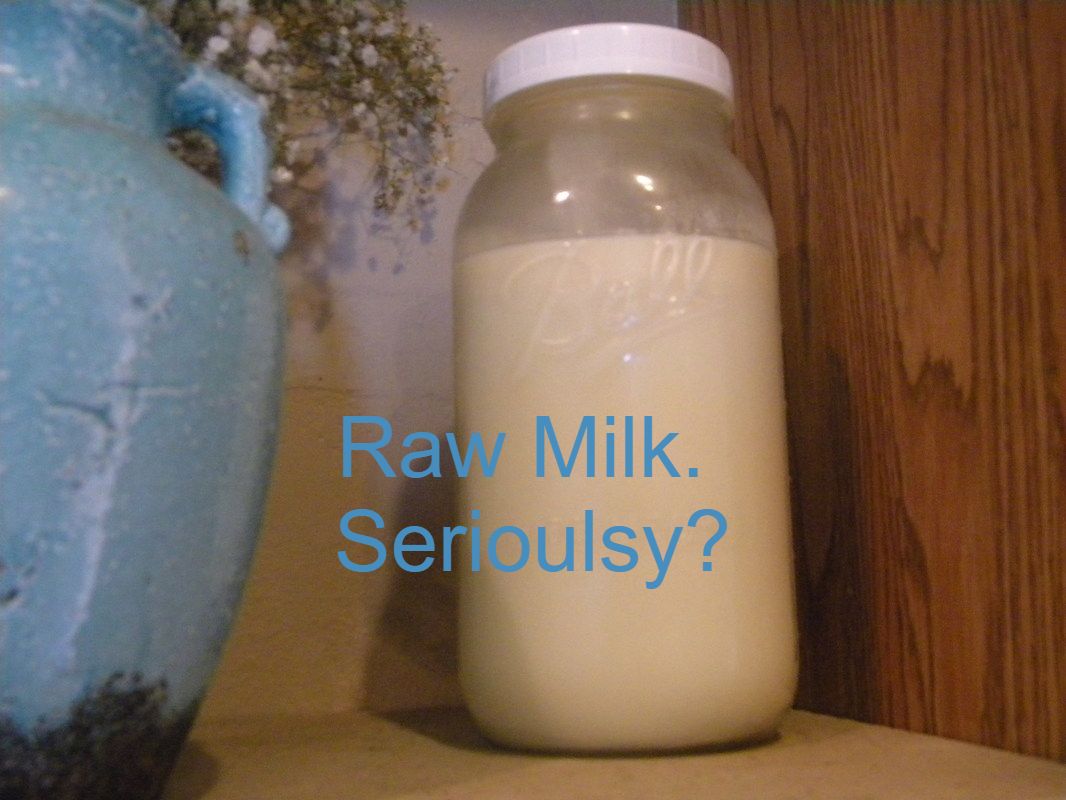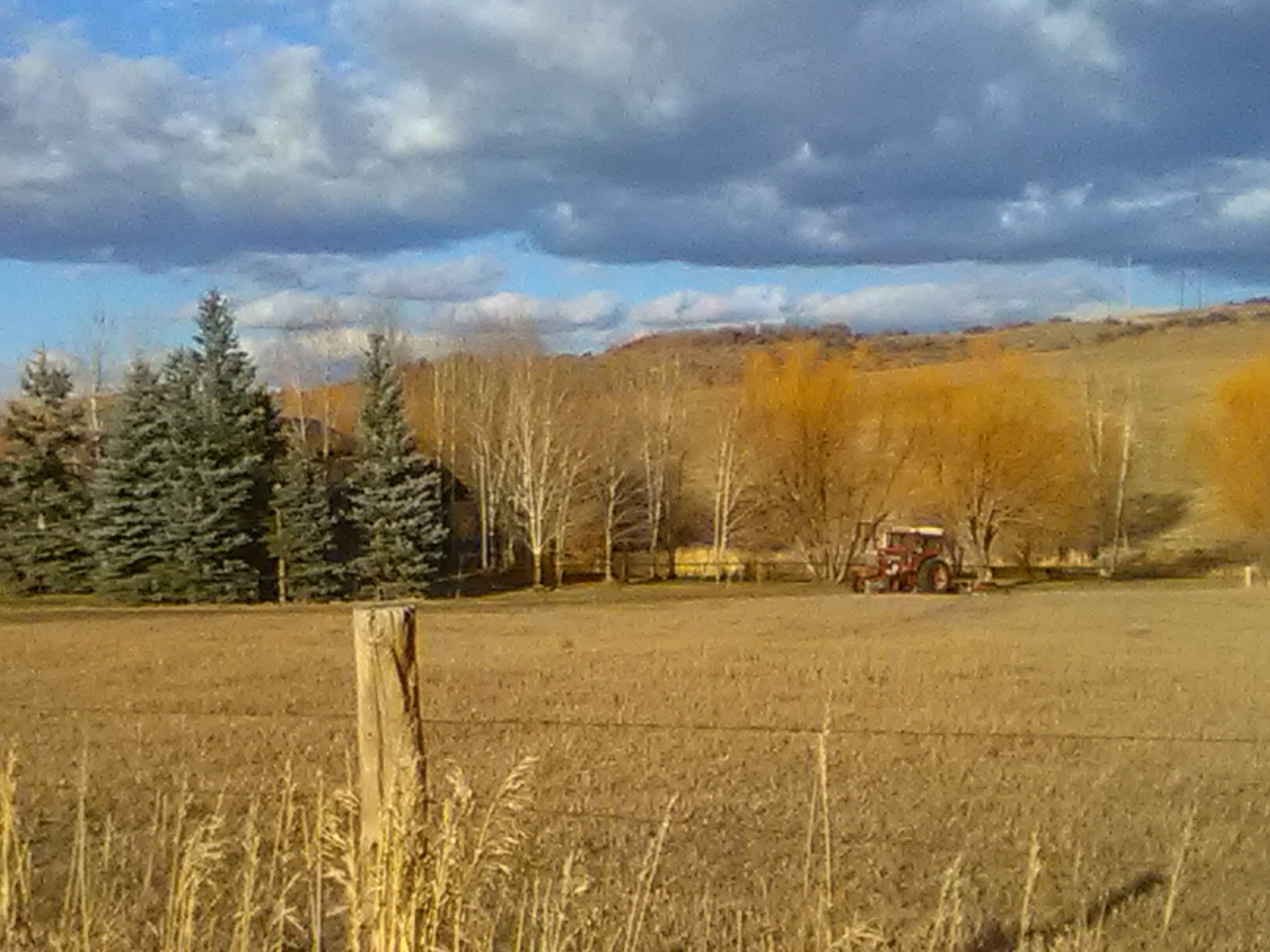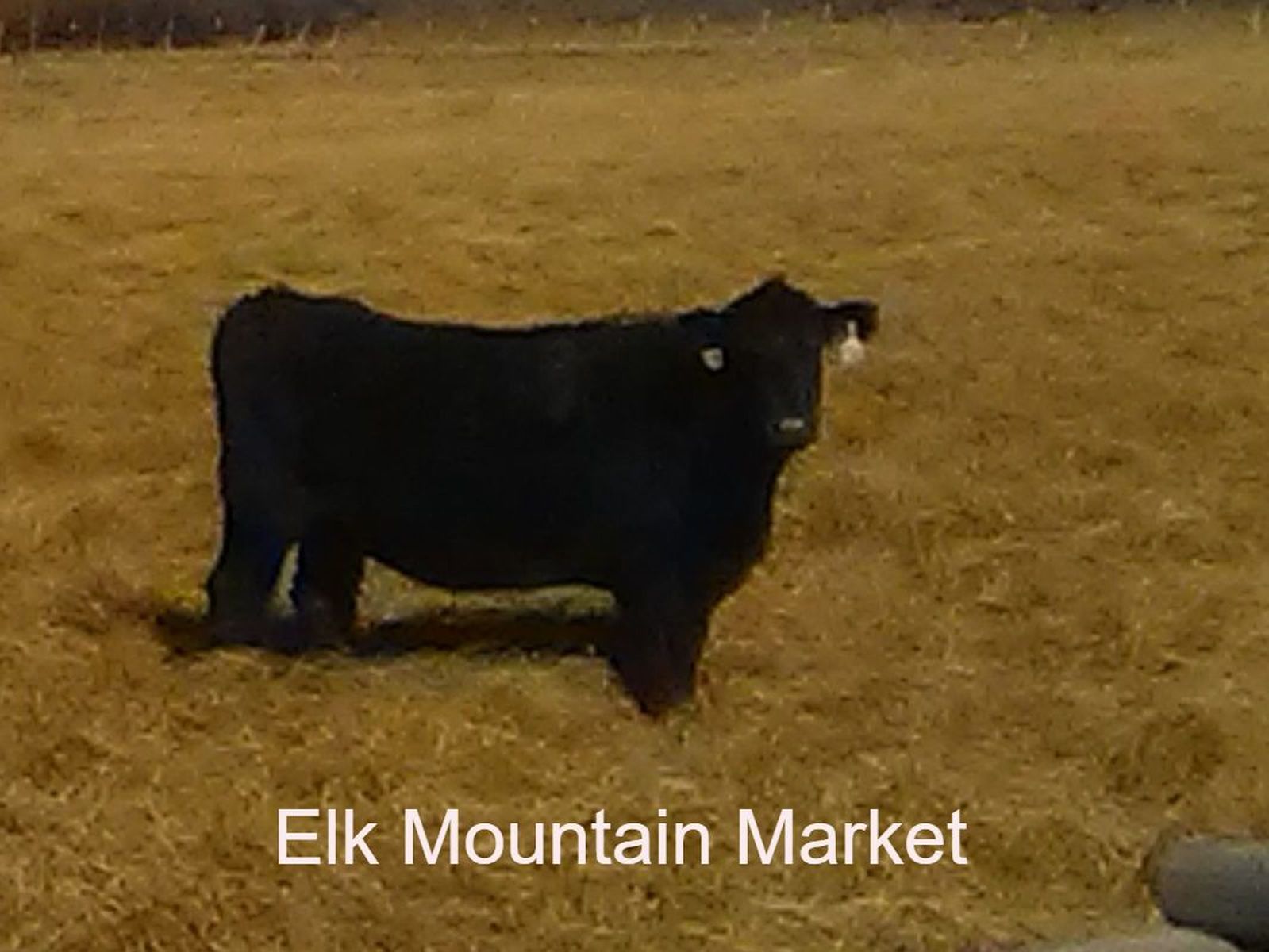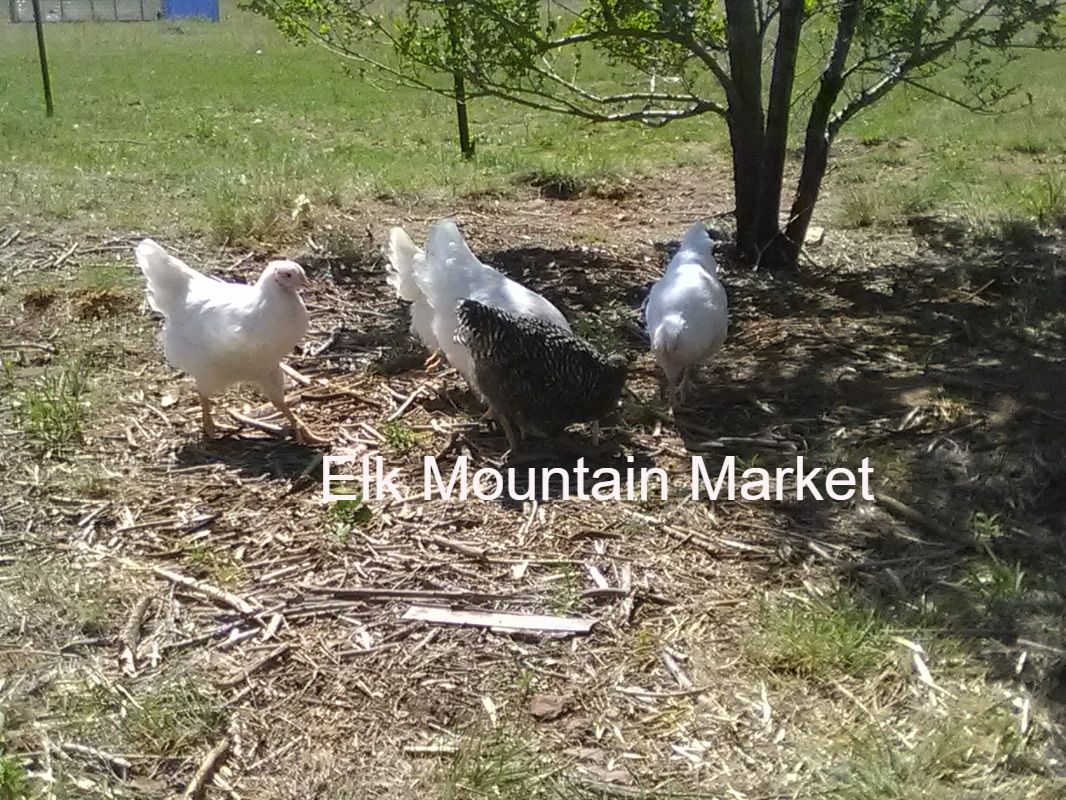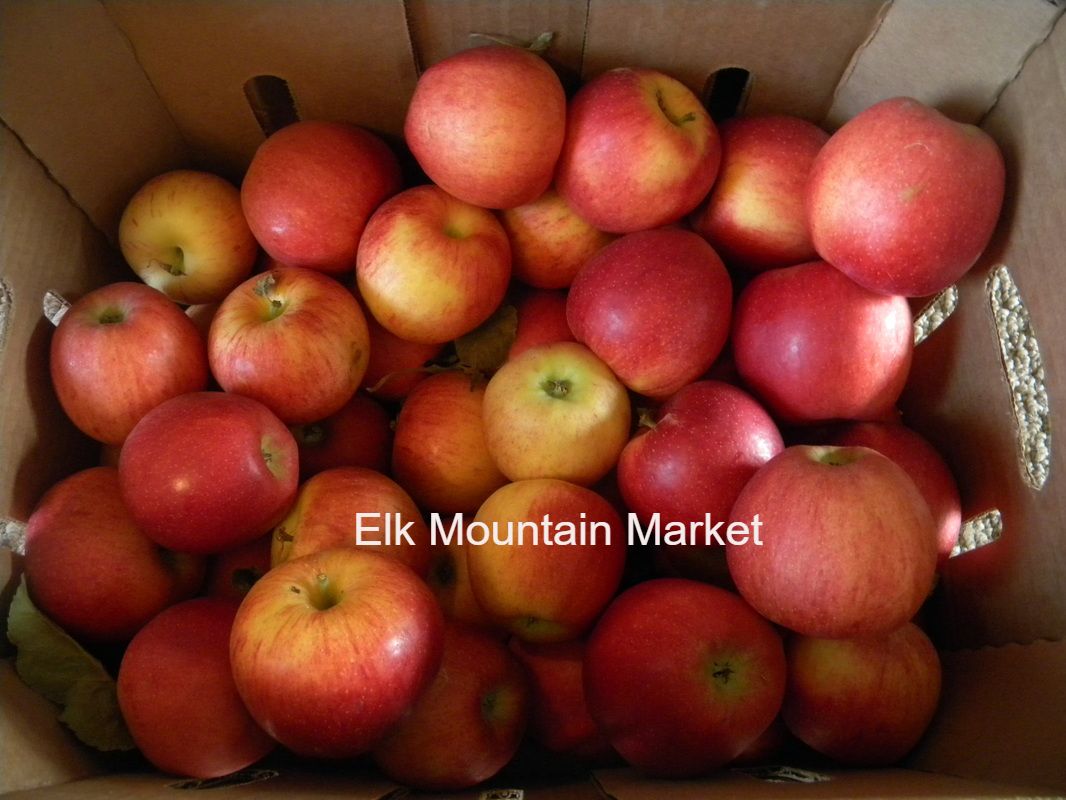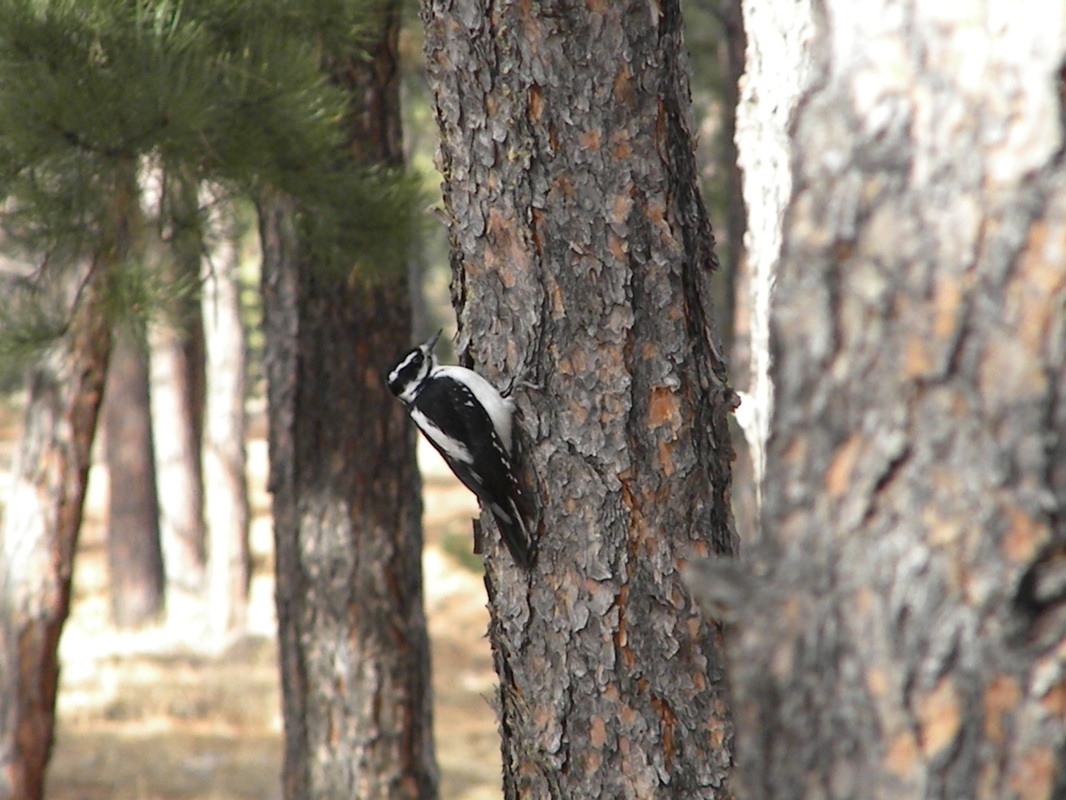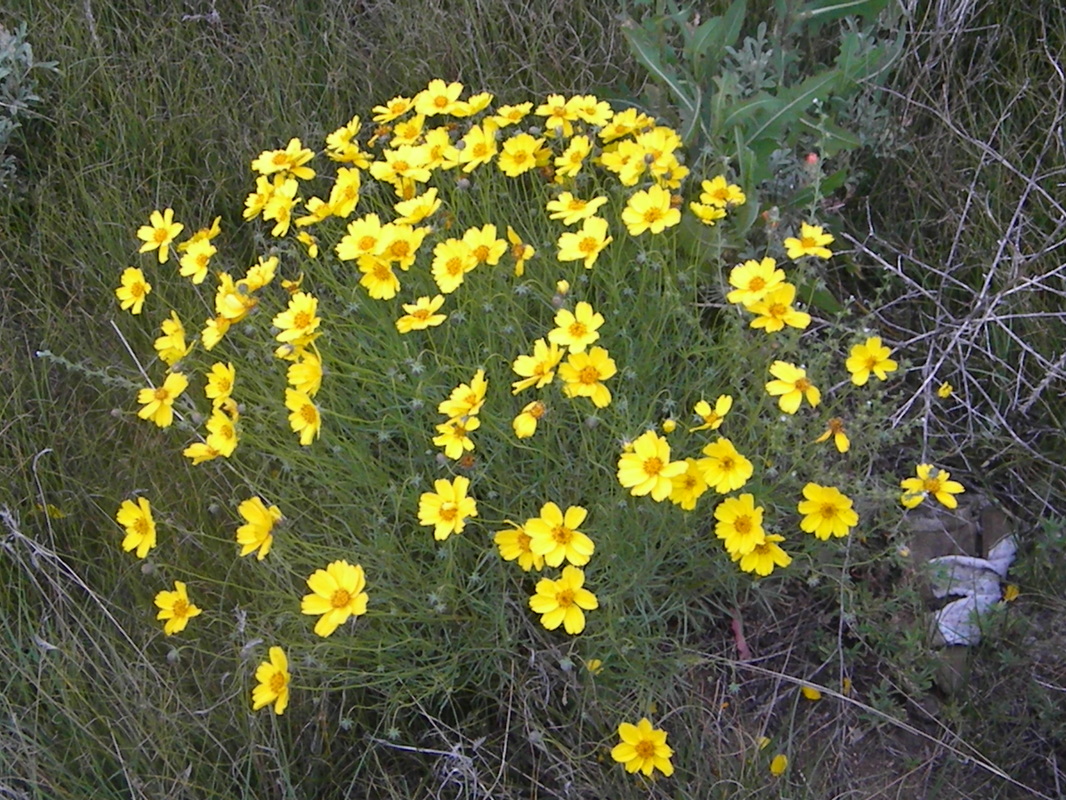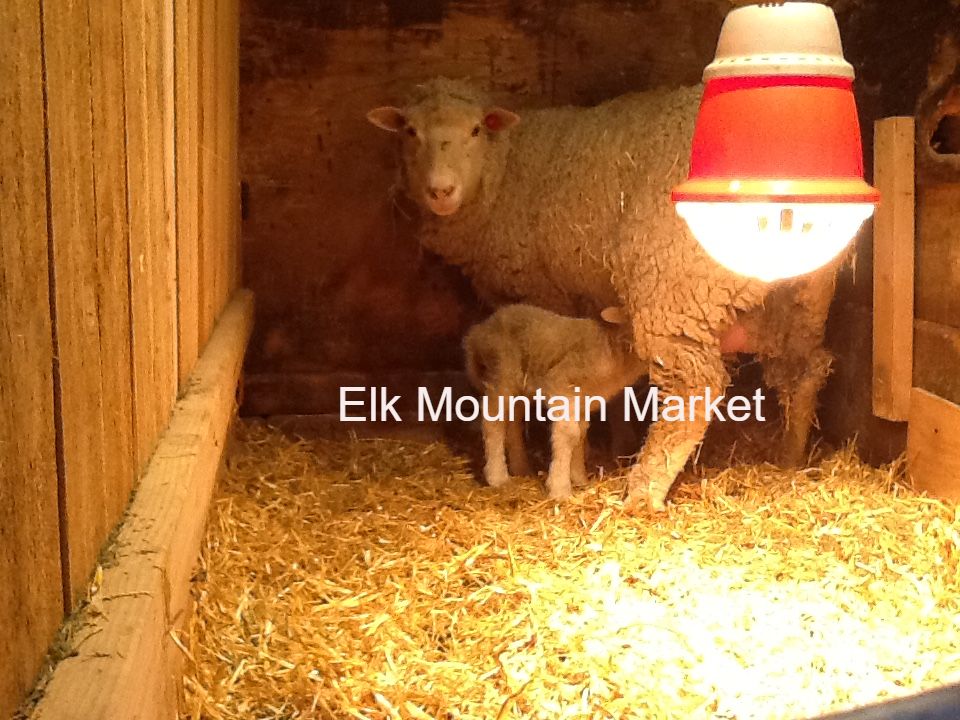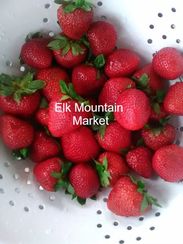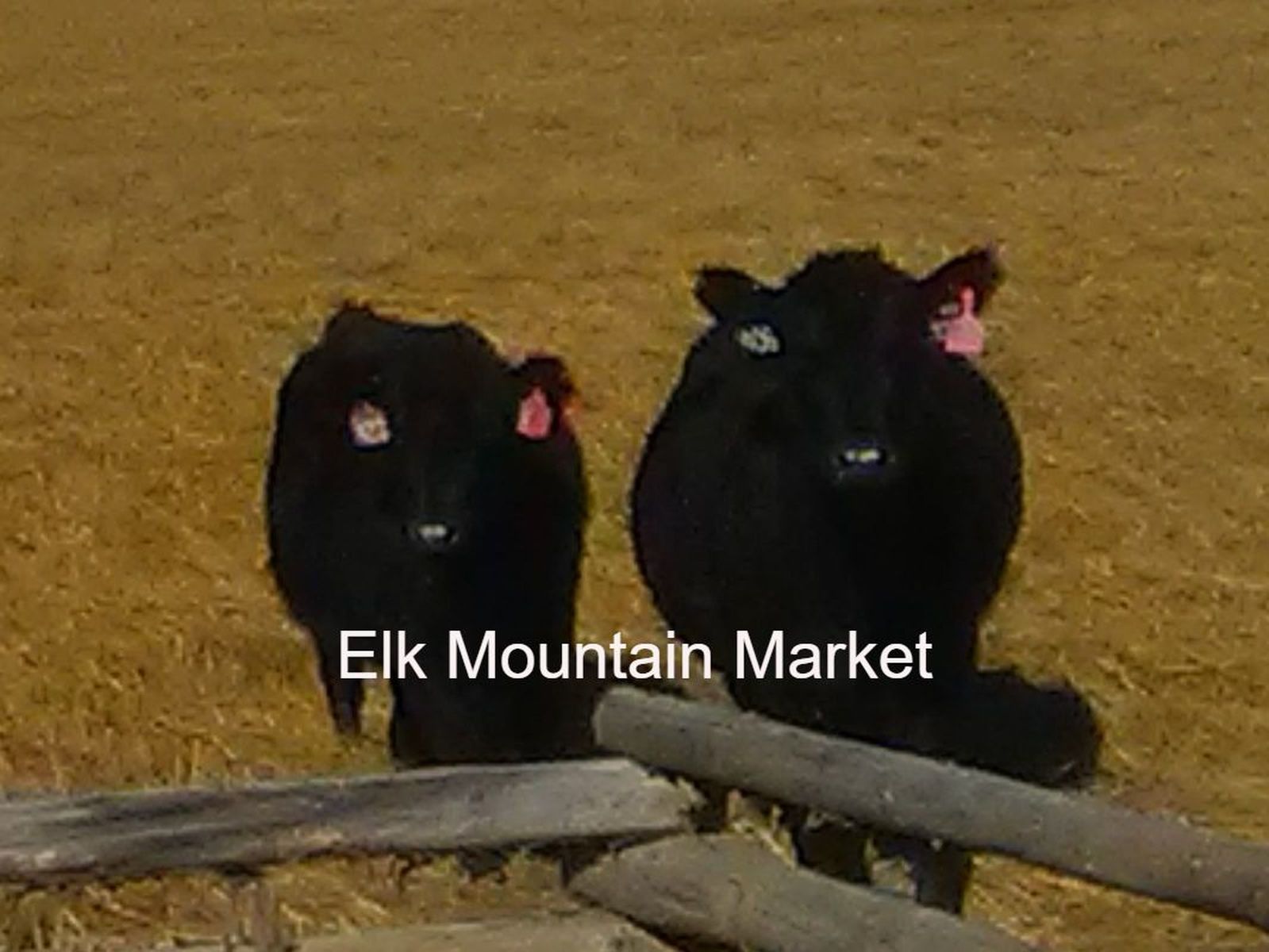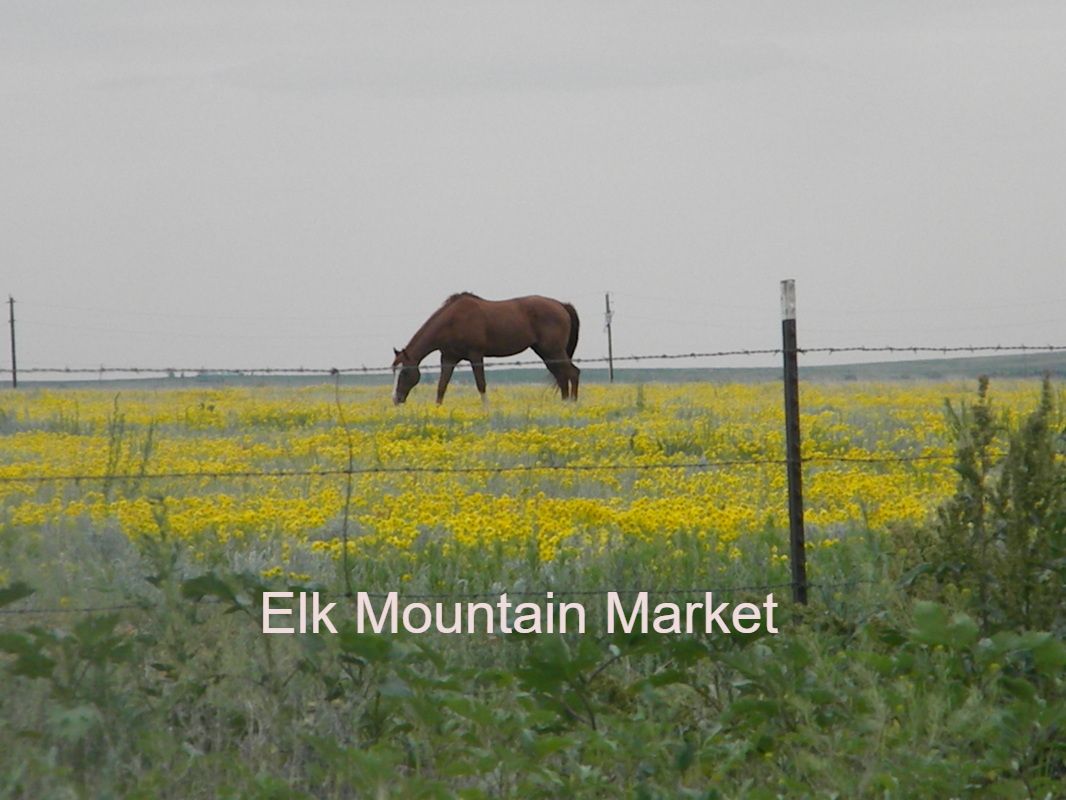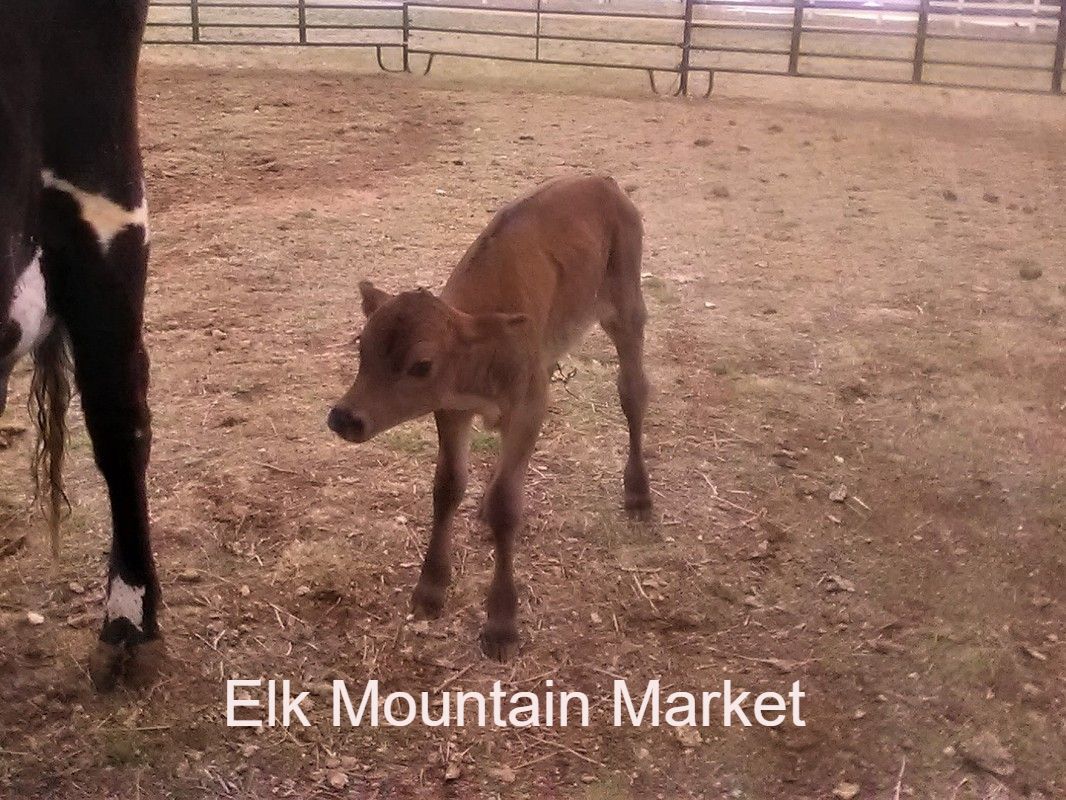|
"Nigerian Dwarf what?" I asked years ago when my husband brought up the name. My husband said it is the breed of the three, young goats he got from a local farmer several years ago, and boy were they cute! They were multi-colored, with some having mostly white and tan colors, and others being black, brown and white. From our experience these are one of the few goats that I think I would ever own. For years we’d been discouraged by others giving us information that goats were really hard to handle because they’re constantly trying to get out of fences, jumping over fences, and climbing on things that we may not want them to climb. After much research, however, we decided to give this small goat breed a try because they were small, gentle with children, good milkers if we ever decided to milk them, and were too small to jump over fences. 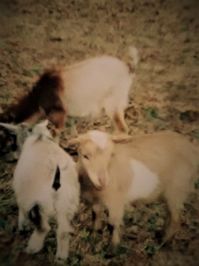 Although we never milked our Nigerian Dwarf goats we have read that they give great quantities of milk, especially for their size. Their milk also has a higher butterfat content than other dairy goats which is excellent for making cheese. These goats also have very few issues while giving birth to their kids and will provide you with multiple kids at a time, usually having three to four, but even five is not unusual. The kids are small usually only weighing about 2 lbs. at delivery. Nigerian dwarfs also breed year round unlike other goats. Having multiple kids results in more milk production which is a plus for those wanting a dairy breed. Obviously a dairy goat needs to kid regularly in order to continue producing milk. These goats reach breeding maturity by the age of only seven months! Even if you didn’t want a dairy breed, this goat is a great breed to have as a pet, or for meat, since it is such an easier breed to have around without the hassle. Since the Nigerian Dwarf goat can sometimes grow horns soon after birth, you may want to consider a polled goat or kid instead. One with horns can be dangerous around young children and can sometimes get their head caught in fences if they decided the grass is greener on the other side. This would be a bad situation for the goat if you or someone were not around to help him get it back through rather quickly, and it wouldn’t be a fun ordeal to have to cut your fence to do so. On the other hand, the horns are a natural way for the goat to regulate and cool its body temperature by releasing heat. Polled goats, however, are actually born without the horns thus they have not had to have them electronically removed. This would be a great option and something to seriously consider before purchasing a horned goat of any kind. I suppose if you want goat milk, goat cheese, goat meat, and a good pet for your children, and a goat that doesn’t give you problems with getting out of fences, then this breed is a great option.
0 Comments
Leave a Reply. |
Elk Mountain Market, LLCWelcome!
|
Elk Mountain Market, LLC

